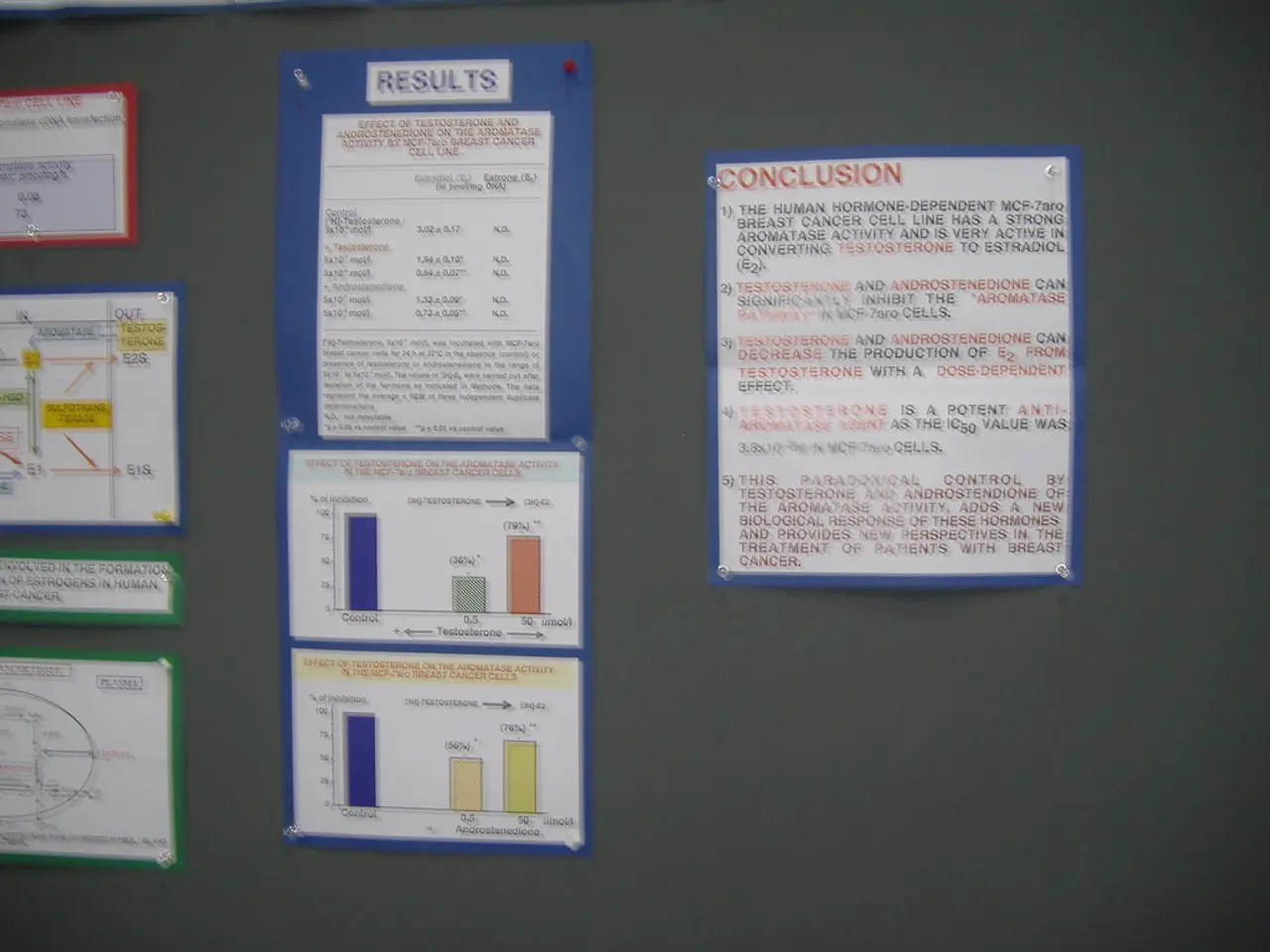FCA Prepared to Enforce Action for Companies Failing to Meet T+1 Deadline
Preparing for the Shift to T+1 Settlement in the UK and Europe
In a significant move towards modernising the financial industry, the UK and Europe are set to implement the T+1 settlement cycle by October 2027. This transition, which shortens the settlement period from two business days to one, requires firms to take proactive steps to ensure readiness.
The Financial Conduct Authority (FCA) has been at the forefront of these preparations, emphasising the importance of a broader market initiative for communication. According to Jamie, the FCA's interim head of capital markets, "Firms should proactively communicate the T+1 changes and their implications to clients and other market participants to ensure a coordinated transition."
The Accelerated Settlement Taskforce (AST) industry event, hosted by EY on 16 July 2025, brought together market participants to discuss their preparations for the UK's move to T+1. Approximately 87% of the respondents at the event had already identified the changes necessary to meet T+1 requirements, such as updating operational workflows, technology systems, and processes.
Automation is considered crucial for an efficient settlement process, and market participants' plans support this. Firms are encouraged to deploy automated solutions that reduce manual intervention, supporting the compressed daily settlement cycle.
Firms must also review their operational and IT infrastructure. The shift from T+1 dramatically shortens the settlement timeframe, sometimes reducing working windows from 24 hours to just 2-4 hours post-trade. Firms must upgrade post-trade operations, clearing, custody, and settlement systems to handle this compressed cycle effectively.
The FCA is supportive but also ready to take regulatory action if firms are not prepared for the deadline. Continuous monitoring of readiness and early engagement with regulators and industry bodies like the AST is advised.
The experiences of other markets, such as the US, Canada, and Mexico, which implemented T+1 in May 2024, provide valuable insights on operational challenges, risk management, and technology strategies applicable to European markets.
Firms should align their project plans with industry roadmaps and guidelines, such as the EU T+1 Industry Committee's High-Level Roadmap for the transition to T+1. The transition is not merely an IT or operations change but a profound transformation across the securities value chain, impacting liquidity, risk management, margin requirements, and investor access to funds.
Communication about T+1 is not limited to the FCA; firms are also expected to engage with their clients about it. The FCA sees this as part of a broader market initiative, and firms are expected to play a role in communicating about T+1 to their clients.
In conclusion, firms should conduct thorough assessments of their current capabilities, invest in automation, engage stakeholders, coordinate with regulators, and carefully manage operational transitions to be ready for the T+1 settlement cycle mandated by October 2027 in the UK and Europe. Initial engagement with market participants regarding T+1 preparations has been positive, and the FCA looks forward to a smooth transition towards T+1.
- In light of the impending shift to T+1 settlement, businesses operating in the UK and European financial industry must collaborate and communicate effectively to ensure a smooth transition, considering the transformative impact it will have on various aspects such as liquidity, risk management, and investor access to funds.
- As the deadline for T+1 settlement approaches in the UK and Europe, firms should prioritize automation in their business operations to efficiently manage the compressed settlement cycle, while also reviewing and upgrading their operational and IT infrastructure to handle the shorter timeframe between trade and settlement.




